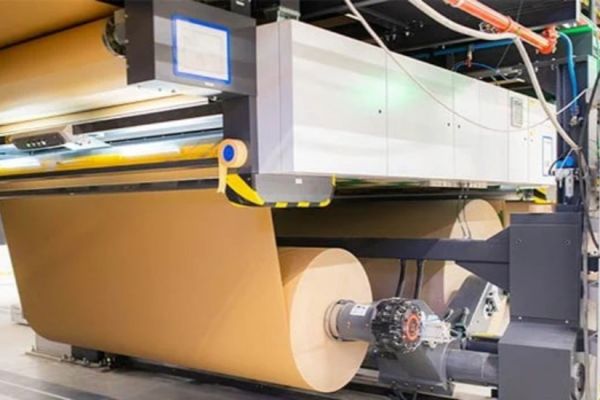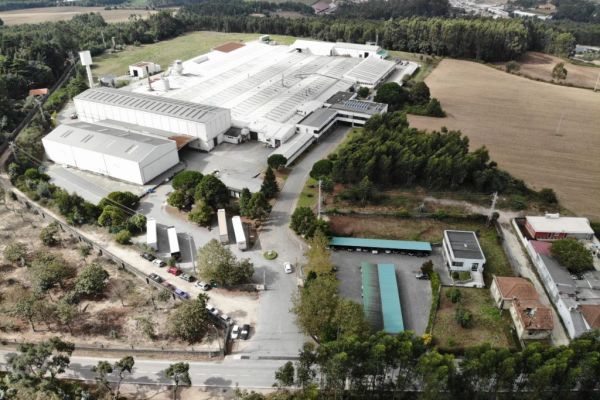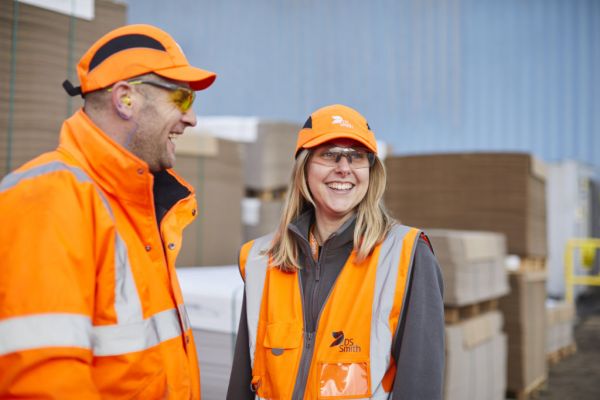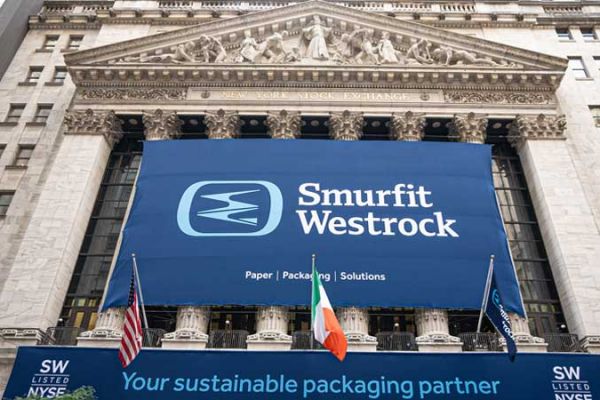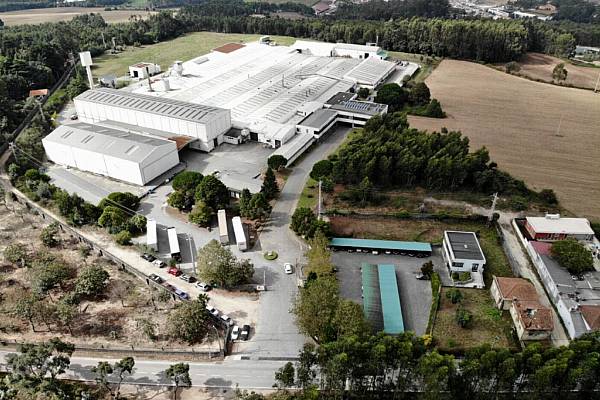The widespread adoption of returning and reusing plastic packaging could help to cut greenhouse gas emissions by up to 69%, a study by the Ellen MacArthur Foundation has found.
Such schemes not only lower companies' emissions but can also drive down costs for some items, according to the study, which covered more than 60 organisations, including national governments and consumer goods companies such as Danone, Nestlé, PepsiCo and Unilever.
The foundation, known for promoting a circular economy, carried out the study in partnership with Systemiq, a UK-based firm focused on sustainable businesses, and environmental consultancy Eunomia.
'Systemic Change'
The study, published at a time when the United Nations' attempts to deliver the world's first treaty to control plastic pollution show little sign of progress, called for a systemic change to stem and reverse plastic waste across beverages, personal care, fresh food, and food sectors.
Under its most ambitious scenario – called System Change – reuse schemes could reduce greenhouse gas emissions by 35% to 69%, water usage by 45% to 70%, and material usage by 45% to 76%, the foundation said.
However, deposit schemes are likely to be key to achieving such targets by driving high return rates, it added.
Read More: More Ambitious Measures Required To Tackle Plastic Waste, Says Ellen MacArthur Foundation
Lower Net Costs
In the System Change scenario, if consumers received 20 euro cents back when they return packaging to a seller, it would lead to significantly lower net costs for returnable beverage and personal care bottles compared with single-use options.
But in order to reach high return rates and make reuse schemes competitive, shared collection infrastructures, standardised packaging and pooling - the use of shared packaging by several players - are needed, the research showed.
"Now the pressure is on policymakers ... and on business leaders in the fast-moving consumer goods sectors to change their practices," Jean-Pierre Schwetizer, circular economy manager at the European Environmental Bureau, said in the study.

